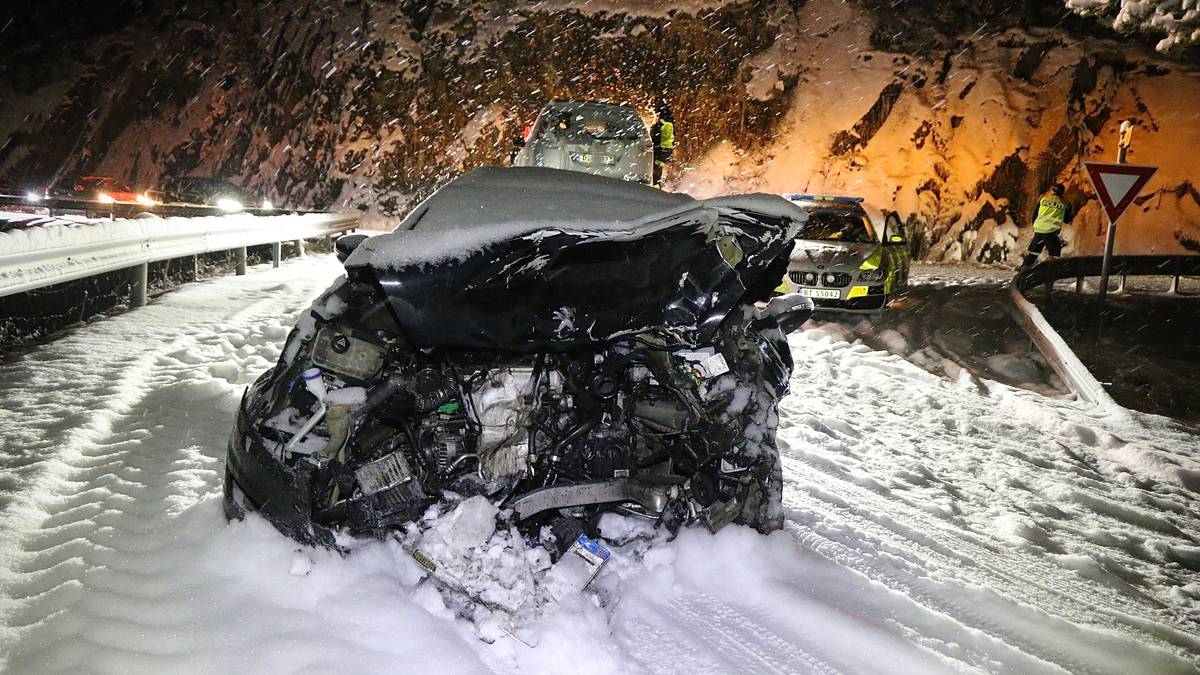Denis Favier, president of the Federation of Dijon traders and artisans Shop In Dijon, co-presides over the Assises Nationales du Commerce. These were launched this Wednesday, December 1. The objective: to think about the business of tomorrow.
The National Trade Meetings opened this Wednesday, December 1 in Bercy. Round tables and workshops will be held over three weeks, bringing together more than 500 participants, including business leaders, consumer representatives and elected officials. They will try together to think about the businesses of tomorrow.
At the request of the Minister of the Economy Bruno Le Maire, it is the Dijon antiquarian Denis Favier, also president of Shop In Dijon, who assumes the co-presidency. For him, this is an opportunity to achieve “many proposals to reform local trade and make it competitive at the international level“. At the microphone of France 3 Bourgogne, he explained what he wanted to accomplish with this event.
What does thinking about the businesses of tomorrow mean?
Denis Favier: If we don’t think about it, in 10 years we are dead. These Assises do not quite take place at the right time, since December is the month of the treasury, but they are necessary. That means that we have to cooperate between businesses on the outskirts and businesses in the city center. In cities, peripheral businesses represent 70% of turnover, they are a magnet that businesses in the city center need. But a common enemy has emerged, without any of us really noticing. This enemy is Amazon, it is digital. If we don’t do anything, he’ll swallow us raw.
Working together “against” is an essential issue, because physical commerce is itself essential. It is an essential social bond, one of the cornerstones of society. It gives employment to all types of people who do not necessarily have qualifications. And we saw during the confinement what it looked like when the physical businesses closed. That’s it, thinking about the business of tomorrow.
When we talk about “tomorrow’s business”, what is it?
Denis Favier: We can talk about “Phygital”. It is a concept that existed before, but which has been accentuated by the Covid crisis. This means that we need physical stores, but that they must adapt to digital commerce. In practice, it is complicated, because it is not certain that the small town center traders, of which I am a part, have the time and the energy to take pictures of their articles, to take care of the websites. … Hence the need to be all together, to work together, large outskirts shops and small town center shops. We must adapt but also mutualise.
How do we ensure that physical businesses have a chance to survive against the giants of online commerce?
Denis Favier: The state must help us. The state must allow traders to trade better. You know, during the Assises, I lead a workshop called “Reconquest of commerce in the territories”. The title is not chosen at random.
There are a lot of issues that need to be addressed if physical traders are to hold the brunt. There is an accessibility problem, for example, for people who live in isolated places, there is the problem of commercial leases, which have been in existence for 70 years, which have never been modified and which are no longer at all. in line with current trade issues … There is also the problem of employment and opening on Sundays, permitted to downtown businesses but not to peripheral businesses, except with the authorization of the president of the Metropolis.
So many problems that must be addressed, in which the State can often participate, with fiscal solutions and financial aid.
What do you hope for from these Assises?
Denis Favier: It’s not even that I hope. I had lunch with Bruno Le Maire and Alain Griset in the middle of the week, they were very clear: we are obliged, by the end of these three weeks, to bring out ten important points that the State can reform either by decree or by law during the next mandate. Things will move forward!
–


